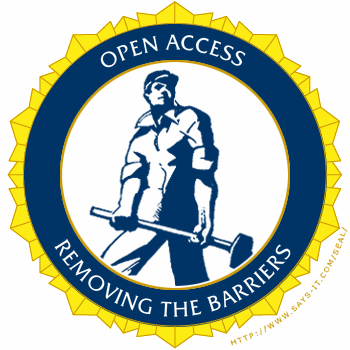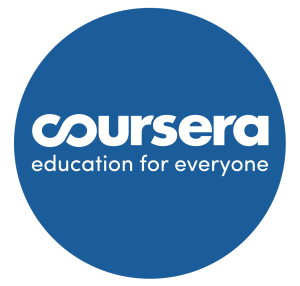Topic 5: Reflection
Reading my classmate’s blogs, there are so many advantages and disadvantages that are similar yet I have not talked about. As this topic involves all of us in the world of academia, all of us do have some sort of passion towards it.

After commenting on Elisha’s and Xiu Zhen’s post, I can infer that the objective of the content producer is extremely important as publishing a document do cost. The objective does affect the quality of the journal which in turns affects the knowledge gathered by students. Hence it is a circle which could potentially lead to OA’s downfall due to the failing quality.
Daphne mentioned a quote from Lisa.
“If a service is free, you are the product”.
This made me really think about the whole concept of the internet. The computer was made for connectivity. It was redundant as a solo device, it need other computers to transmit information. Hence it is very much similar to OA. Whereby the constant flow of journals and articles being transferred from one faculty member to another and another made it all a big, exploding bubble of knowledge, innovation and discovery.
Lastly, after reading Kelly’s reflection, I do realise that this sort of program needs sustainability and one method of sustainability is giving recognition for the hard work of the researchers who willingly give us access to works that sometimes take lifetime to complete.

In conclusion, I feel that OA has created a community of educators and learners, people who take knowledge seriously. I think that is a good method of sustaining education in this extremely fast paced world whereby information becomes obsolete extremely quickly.


 Publication fees is the first issue I would like to bring up. While access information is free, somebody has to pay for it to be published. This results in researchers being denied OA due to the lack of funds. (Edanzediting.com, 2013)
Publication fees is the first issue I would like to bring up. While access information is free, somebody has to pay for it to be published. This results in researchers being denied OA due to the lack of funds. (Edanzediting.com, 2013)